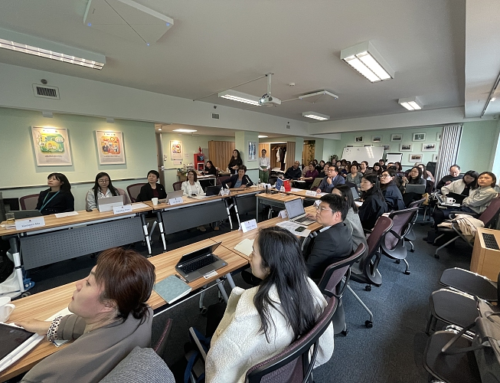On 5 January 2021, the National Information Security Standardisation Technical Committee (SAC/TC 260) issued the Practical Guidelines for Cybersecurity Standards – Guidelines for the Prevention of Ethical Security Risks in Artificial Intelligence. The Guidelines target organisations and individuals engaged in the research and development, design and manufacture, deployment and application, and other related activities in the field of artificial intelligence (AI).
In recent years, the rapid development of AI has profoundly changed people’s lives and social models. AI has also brought many ethical and security risks, including those affecting social values, infringing individual rights, affecting fairness and justice, and blurring the boundaries of responsibility. Therefore, TC 260, in accordance with the requirements of Chinese laws, regulations and social values, has developed these practical guidelines to put forward a series of safety risk prevention measures against the ethical security risks of AI. Specifically, the Practical Guidelines cover terms and definitions, ethical security risks of artificial intelligence, and focus in particular on the prevention of such risks (basic requirements, research and development, design and manufacture, deploy and application, and customer use).
In Europe, the European Commission has been paying great attention to ethics long before the development of AI technology. In the field of AI, the High-level Expert Group on AI published in April 2019 the Ethics Guidelines for Trustworthy Artificial Intelligence and the Policy and Investment Recommendations for Trustworthy Artificial Intelligence: the two documents outlined a human-centric approach on AI, and listed the requirements that AI systems should meet in order to be trustworthy. While in China, previous standardisation activities in the field of AI focused mainly on technology and industrial/social application. Therefore, the introduction of these Practical Guidelines shows that China has now started to attach great importance also to ethical security risks. Beginning with standards, these Practical Guidelines will ensure that AI is safe and controllable; they will also contribute to coordinate the development and security of AI, and promote the application of AI in the national economy, society, ecology and other aspects.
The full Chinese text of the Practical Guidelines is available at:
https://www.tc260.org.cn/front/postDetail.html?id=20210105115207




